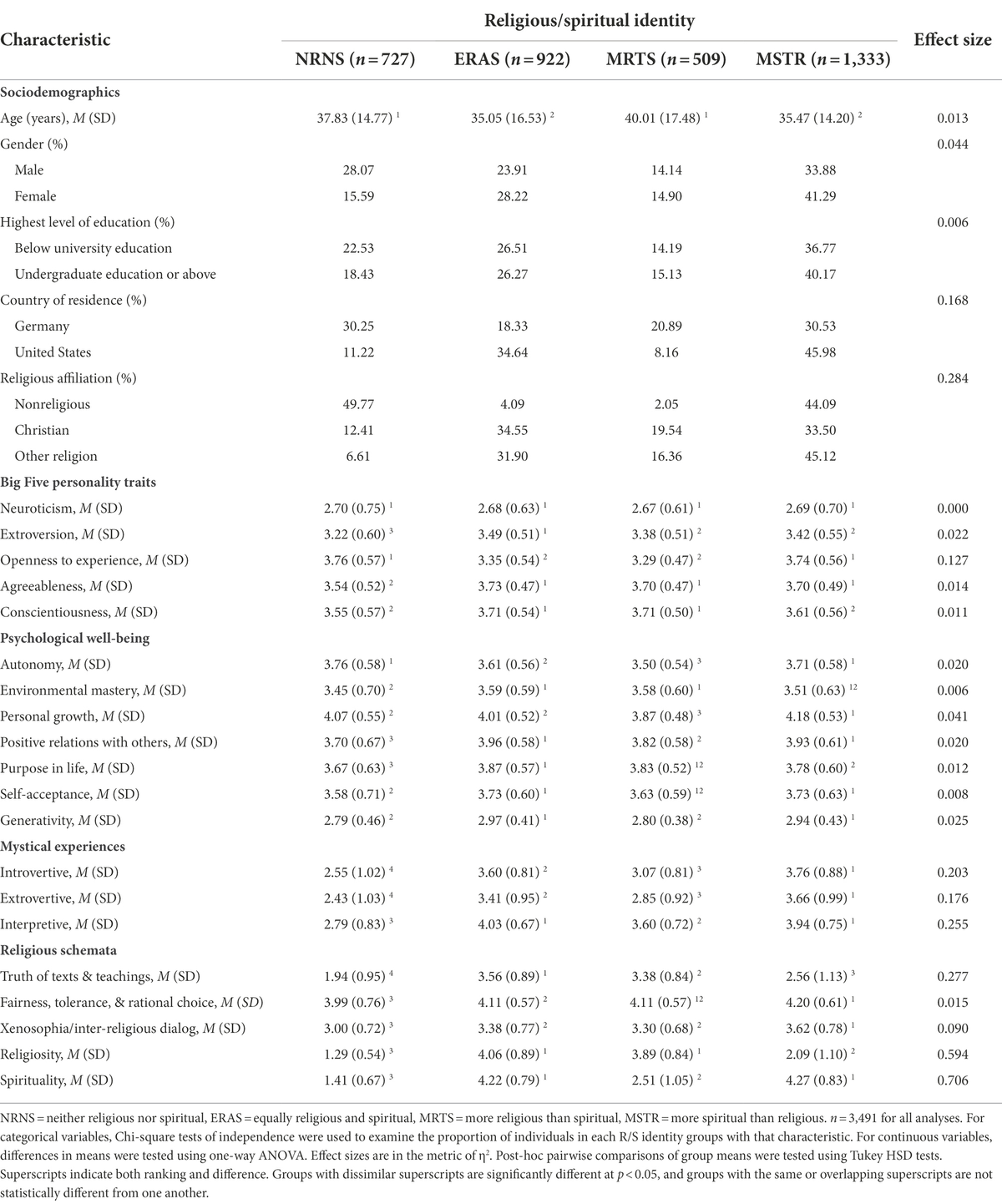To start us off posting and discussing research in this section, I wanted to share a study done by David Luke and Jessica Corneille.
They look at Spontaneous Spiritual Awakenings (SSAs) and compare them to Altered States of Consciousness (ASCs) in general. They also compare the differences between SSAs and Spontaneous Kundalini Awakenings (SKAs), a subset of SSAs. They consider the impact of such states of on well-being.
The study was published in 2021. This is how they summarise it:
Abstract
Spontaneous Spiritual Awakenings (SSAs) are subjective experiences characterised by a sudden sense of direct contact, union, or complete nondual merging (experience of oneness) with a perceived ultimate reality, the universe, "God," or the divine.
These profound transformative experiences have scarcely been researched, despite extensive anecdotal evidence suggesting their potential to catalyse drastic, long-term, and often positive shifts in perception, world-view, and well-being.



Thanks for sharing. I wonder if its not just about people who identify with the word 'spirituality', it'sraising awareness of a greater reality. Validating the experiences of those that may not identify with that word but have had experiences of interconnectedness, or non-ordinary experiences.